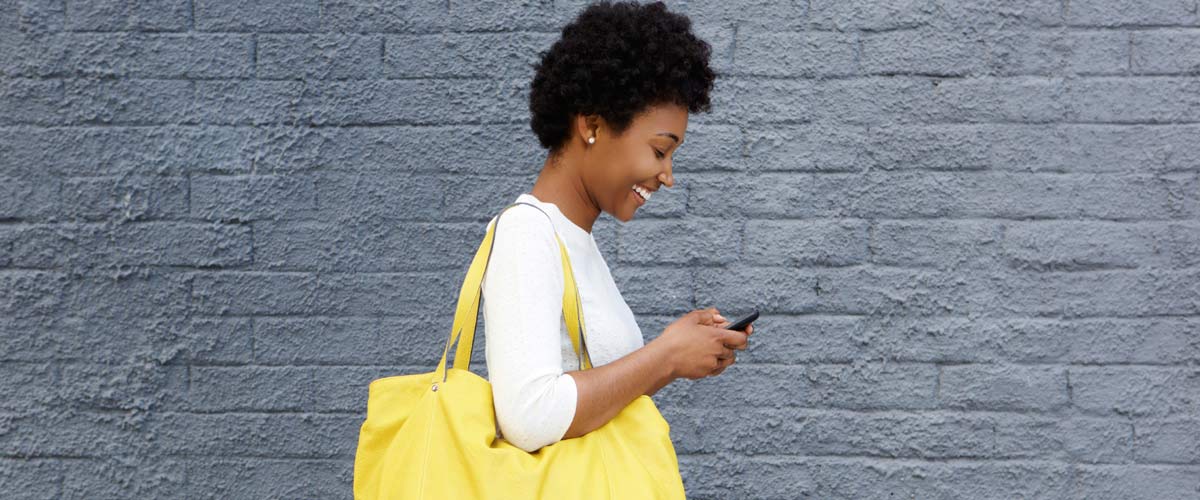Ten years ago only seven-percent of internet users were on at least one social media site. Today, Social Media users take up almost one-third of the global population and over two-thirds of global internet users. It’s no secret that online social networks have permeated society.
In fact, social media is biologically engineered to be addictive. This addiction is the topic of the fascinating book Hooked by Nir Eyal which teaches how to build habit forming and addictive technology products.
Like a post midnight infomercial though, that’s not all. Logging onto social media has become more than a social habit and addiction, it’s now a necessity. Most businesses need it to stay relevant and to market themselves. Social Media Managers in the United States get an average annual salary of 42k according to Glassdoor – It’s become so addictive that we’ve had to create careers just to manage and leverage it.
This societal dependency is not slowing down and it’s changing the way our brains are wired to think. Moreover, it’s shaping the wiring of Generation Z, many of whom don’t know a world without social media.
 Here’s what social media is doing to our brains…
Here’s what social media is doing to our brains…
1. Activates the Same Part of the Brain as Drugs
Since the rapid evolution of social media, many studies have been conducted showing brain patterns in social media users being similar to those in drug users. Social Media is directly related to our social reputation, and the instant feedback we derive from our online persona impacts the reward center of our brain. The more followers we have and the more “likes” we garnish from our posts, the more dopamine is released – we crave more and are continually seeking social validation as a bi-product.
2. Can Fuel Narcissism, Depression (and sometimes kindness)
A lot of positive social validation can lead to an unhealthy amount of narcissism and self-obsession. Tendencies to measure self worth by Facebook, Twitter, or Instagram followers rather than healthy relationships and meaningful work become present far too easily.
On the flip side, Social Media users hiding behind a computer screen find it easier to express hate, making cyber bullying a large problem.
Recently, Anderson Cooper conducted an extensive report called “Being 13” in which he highlighted that among many other negative things, young teens were on Instagram sending hateful comments to appear “cool” while damaging another’s social reputation leaving them depressed.
While there are many psychological reports blaming social media for a generation of narcissists or the root of depression. There are also reports showing social media is creating a kinder, gentler generation with the rise of social impact campaigns. Balancing the two in a healthy societal way is the greatest challenge.
 3. Forms Multitasking Habits that Reduce Focus
3. Forms Multitasking Habits that Reduce Focus
There has been a common term associated with social media addicts – it’s called FOMO (Fear of Missing Out). Many who cannot go a day or even a couple of hours without checking their social media feed may have FOMO wired into their brains. Social Media is where we find out what’s trending or new within our small group of friends, larger communities, countries, or internationally. FOMO is when there is a fear of missing out on the social conversation and becoming an outsider, or being unable to join the conversation. So we are constantly switching between tabs and checking our phone to keep up with our social media while working on other tasks.
Many have even admitted to phantom buzzing where they believe their phone has vibrated, so they check it to find nothing happened. When notifications do come through, many cannot complete the task at hand without checking their notifications right away. This pulls our minds in a completely different direction. Full focus is bombarded and we have rewired our brains to deal with completing tasks with full attention constantly fading in and out, likely affecting the quality of our task at hand.
Stats have found that in a 30-second period the internet in real time shows:
- Over 1.7 million posts went out on Facebook
- Over 182k tweets were sent on Twitter
- Over 25k photos were uploaded on Instagram
We are more connected than ever, but psychologist Sherry Turkle makes an argument for why we might need to disconnect to actually connect. Watch below and it may help you decide how much disconnection you might need.





